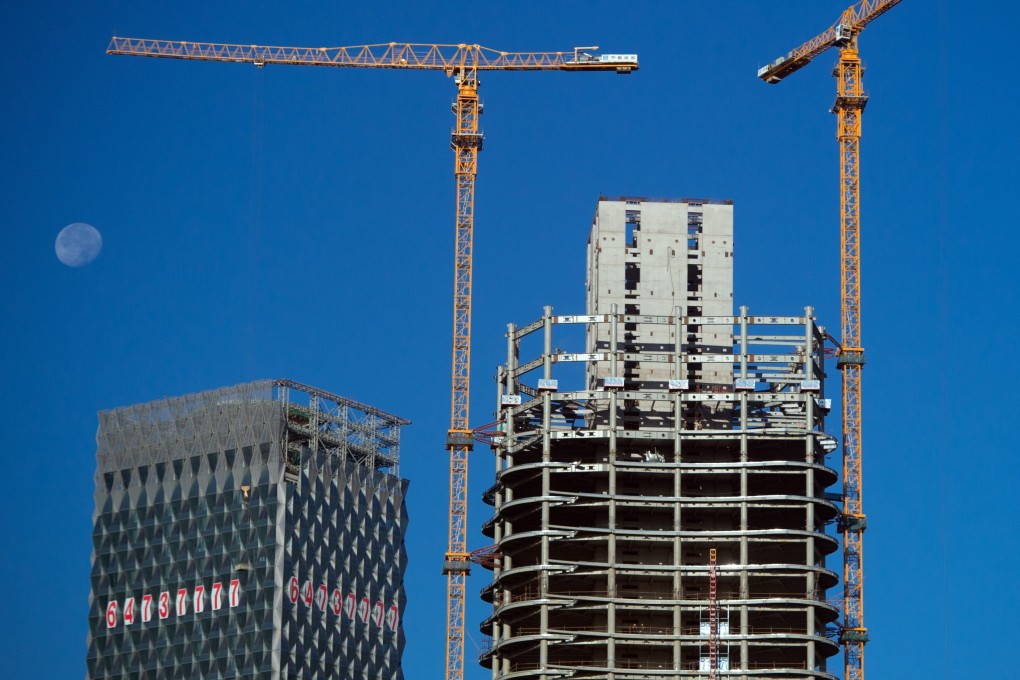Evergrande’s debt crisis spoils appetite for risk, forcing 206 plots to withdraw from China’s land auctions since September
- About one-third of land plots had been pulled from auctions since September because of no bidders as developers tightened purse strings
- Home sales fell 20 per cent in September as current pace of building and completion seen as onerous amid a credit squeeze

The plots represented almost one-third of about 700 plots that were put up for sale in 22 cities including Beijing, Shanghai and Guangzhou. Since September, 15 cities have completed two rounds of auctions under a new centralised sale programme, according to Centaline Properties.
In Beijing, 17 plots were sold on Wednesday while 26 others were shelved because there were no bidders, according to the municipality. Shanghai completed 20 land sales during the October 11 to 13 auctions, while seven plots failed to find buyers, the city said in an announcement.

“When these hot tier 1 cities see land withdrawals, it means enthusiasm has cooled down tremendously,” said Zhao Xuxiang, a property analyst at Oriental Securities in Shanghai. “Unless more policies are eased and credit loosened, the downturn in land and home sales may last a rather long time.”